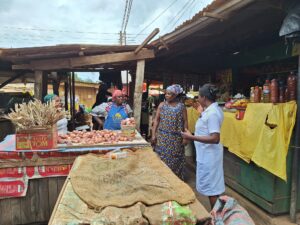
CHORUS Paper
Implementation of the Community-based Health Planning and Services (CHPS) in rural and urban Ghana: a history and systematic review of what works, for whom and why
Chorus

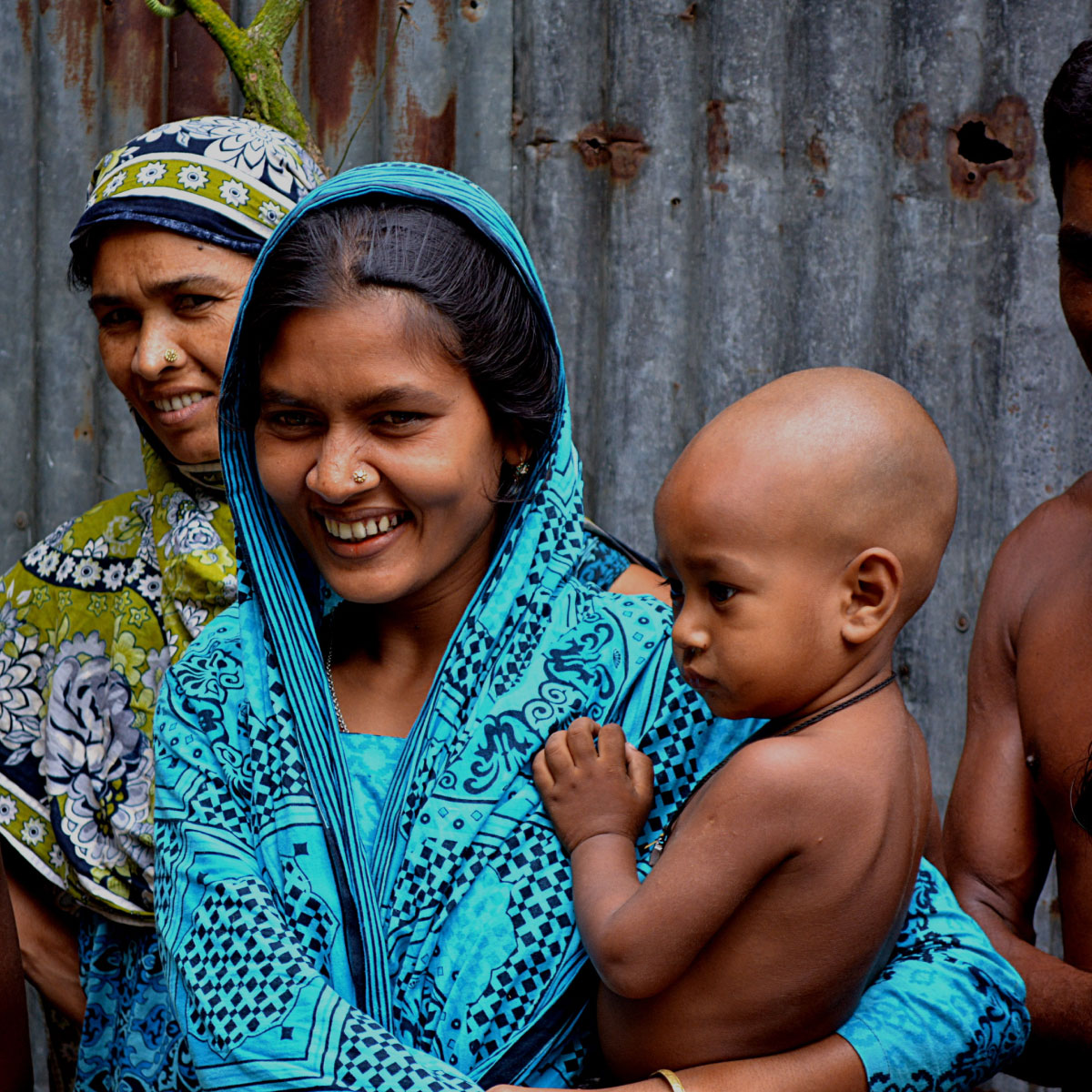
View our resources we have developed as part of the CHORUS consortium on urban health system strengthening, and our four research pillars. We will continue adding to this collection. Please get in touch if you cannot find particular information.

Implementation of the Community-based Health Planning and Services (CHPS) in rural and urban Ghana: a history and systematic review of what works, for whom and why

To What Extent Are Informal Healthcare Providers in Slums Linked to the Formal Health System in Providing Services in Sub-Sahara Africa? A 12-Year Scoping Review
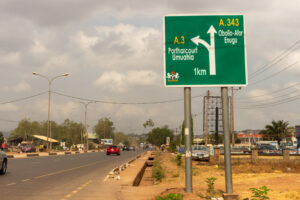
Informal–Formal Healthcare Services Delivery Nexus in Nigeria’s Urban Slums: A Reconnaissance Study

The Private Health Sector in Nigeria: An Overview

Association between media exposure and maternal health service use in Nepal: A further analysis of Nepal Demographic and Health Survey-2022
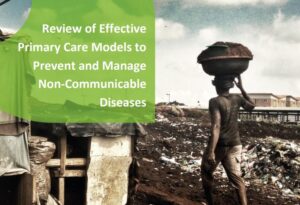
Review of Effective Primary Care Models to Prevent and Manage Non-Communicable Diseases
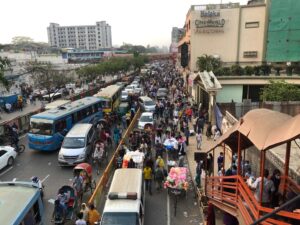
Assessment of Public-Private Partnership (PPP) Models in Health Systems in Least Developed, Low Income and Lower-Middle-Income Countries and Territories : A Protocol for a Systematic Review
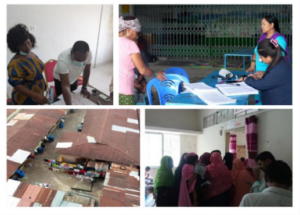
The Influence of Changing Gender and Social Norms on Health Seeking Behaviour and Health Systems in Cities
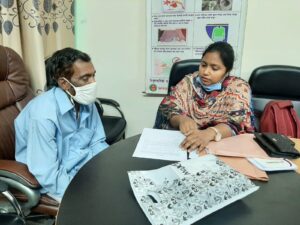
Preparedness of Urban Primary Healthcare Centres of Bangladesh in Managing Diabetes Mellitus and Hypertension

Opportunities and threats to linking informal healthcare providers into the formal urban health system in Nigeria
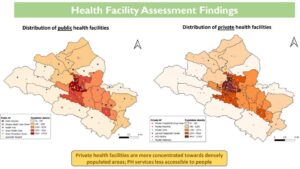
Initial findings from needs assessments in Nepal and Nigeria
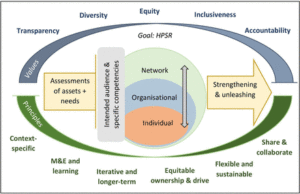
Conceptual framework for systemic capacity strengthening for health policy and systems research